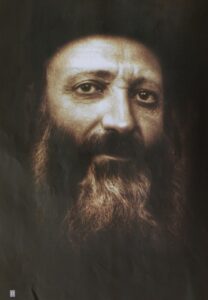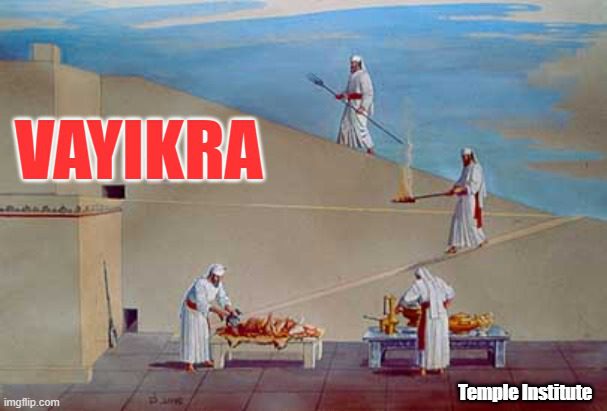Rabbi Kook on Ahavah

[On the holiday of Purim our love for our fellow Jews is heightened and manifested by gifts to the poor in the most open-handed fashion and m’shloach manot to friends. Therefore it is a fitting time to be inspired for Rabbi Kook’s towering love for all of mankind and Creation. Here are a few of his teachings on Ahavah.]
“The pious of the generation, lofty holy men, must disregard any deficiency or flaw in every Jewish soul that is in any way attached to the Rock from which it was hewn. Instead, they must raise the point of connection to Clal Yisrael that exists in every individual soul to its heights and exalted holiness. Nothing can diminish the unlimited love for the nation, the source of our life, as it says: ‘He has not seen beheld iniquity in Yaacov, nor has He seen perverseness in Israel’” (Orot, Orot HaTechiyah, 24).
“With all of their wickedness,” he wrote, “As long as they cling to the collective of the nation (Clal Yisrael), they are included in the verse, ‘Your people are all righteous’” (Yisheyahu, 60:21; Orot HaTechiya, 20). Rav Kook explained that this outer wickedness served to fortify the strength of the righteous, who must struggle against this darkness by adding more light.
“Ahavat Yisrael and the work of stressing the good in the Clal, and in the individual, isn’t simply work on the emotional level alone, but a great occupation of Torah, and a profound reach of wisdom” (Orot, Orot Yisrael, 4:1).
“It is a great and enlightening task to totally remove anger from the heart and to feel unlimited compassion and kindness, to gaze upon everything with a favorable eye, even upon the actions of the most wicked, in emulation of the pure Divine Eye, to feel compassion for those sunk in the mire of evil, and to find some good in them” (Orot HaKodesh, Vol. 3, Pg. 326).
“The great love that we feel for our nation does not shut our eyes to its blemishes. Even though loving mankind encompasses everyone, and sometimes an evil person also falls into this general love, this doesn’t in any way interfere with hating evil” (Orot, Orot Yisrael, 4:3).
Rav Kook taught that hatred should only be directed toward the evil and filth in the world. “It is proper to hate a corrupt person only for his defects, but insofar as he is endowed with a Divine Image, it is necessary to love him. We must realize that this precious dimension of his worth is a more authentic expression of his nature than the lower characteristics that developed in him through the circumstances of his life” (Midot HaRayah, Ahavah, 9).
“Our love must include all people. Hatred must be directed only toward the evil and filth in the world, not toward our brothers themselves. It is not because of the evil clinging to a person that we include him in our love, but because of the good in him, which our love tells us is to be found in everyone.”
“One must actively habituate oneself to love people, especially to love the noblest among them, the sages, poets, artists, and leaders. One must recognize the positive virtues in them, for they are the vehicle through which the light of Hashem is filtered down to the world, whether they are cognizant of this role, or whether they are blind to it.”
“There is no such thing as ‘unfounded love.’ How can it be unfounded? He is a Jew, and I am duty-bound to honor him. There is only ‘unfounded hatred.’ But ‘unfounded love? No!”
“If Jerusalem and the Beit HaMikdash were destroyed by unfounded hatred, then they will be rebuilt by unfounded love.”
“The pure Tzaddikim do not complain about wickedness – they increase righteousness; they do not complain about heresy, they increase faith; they do not complain about ignorance, they increase wisdom.”






